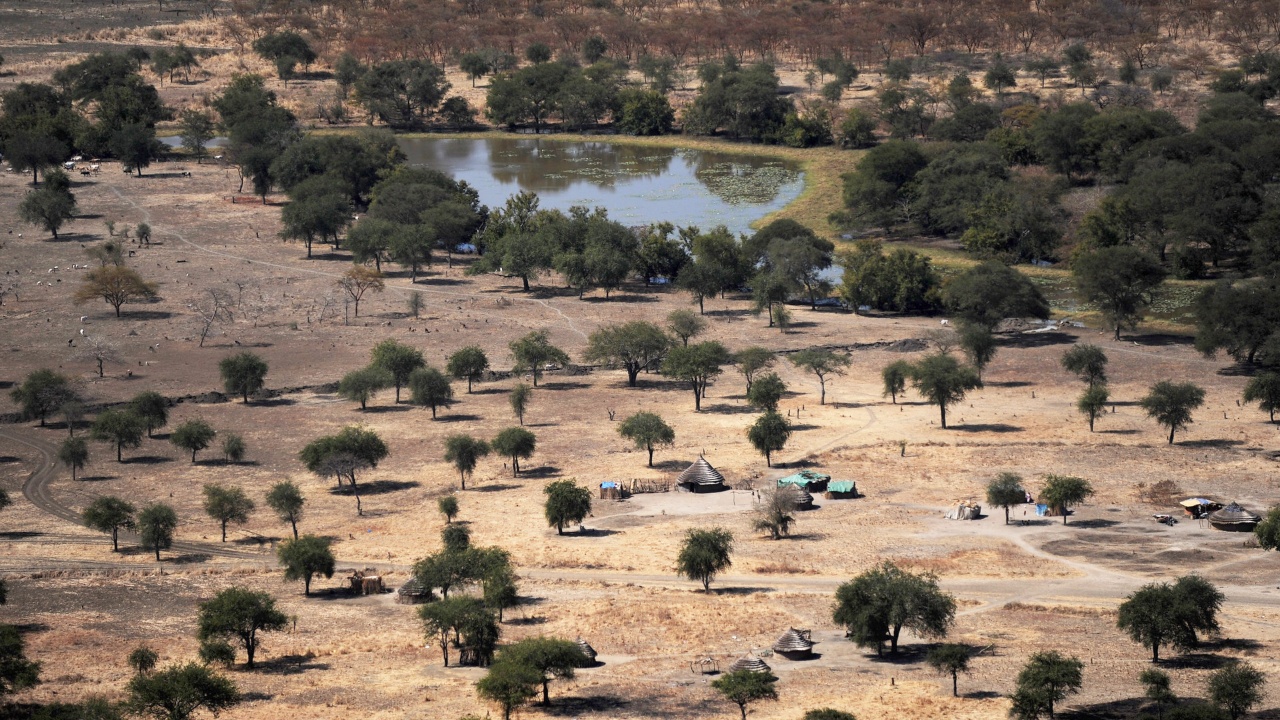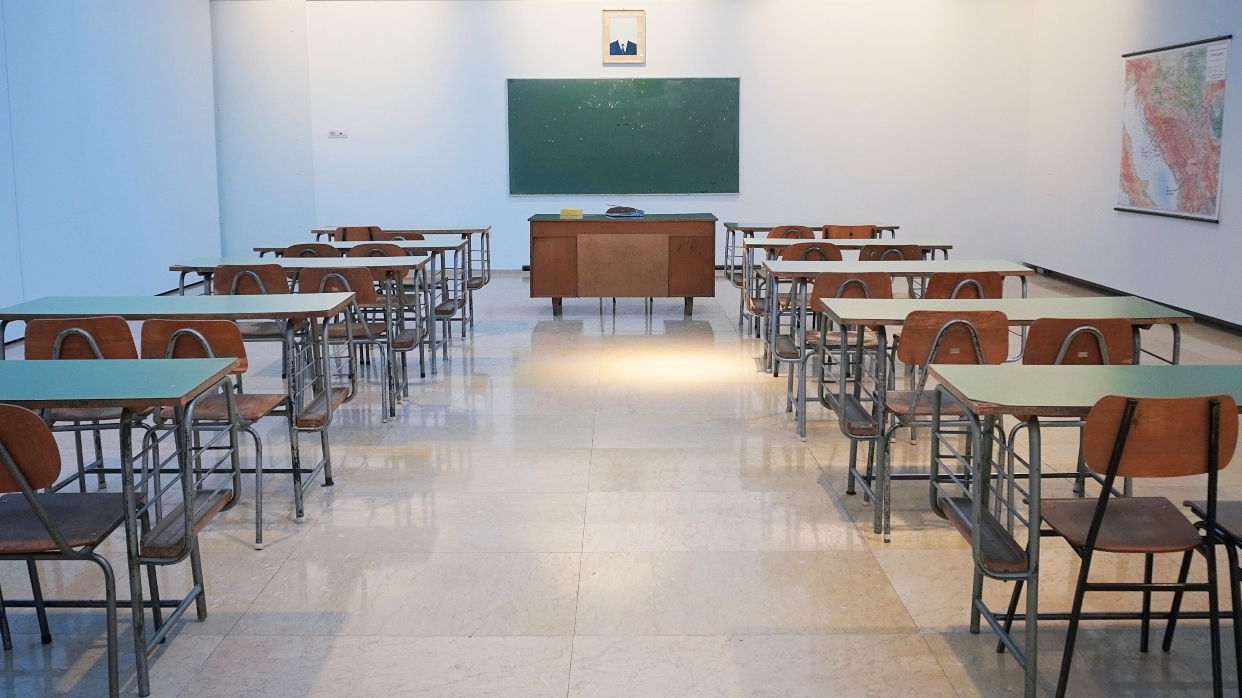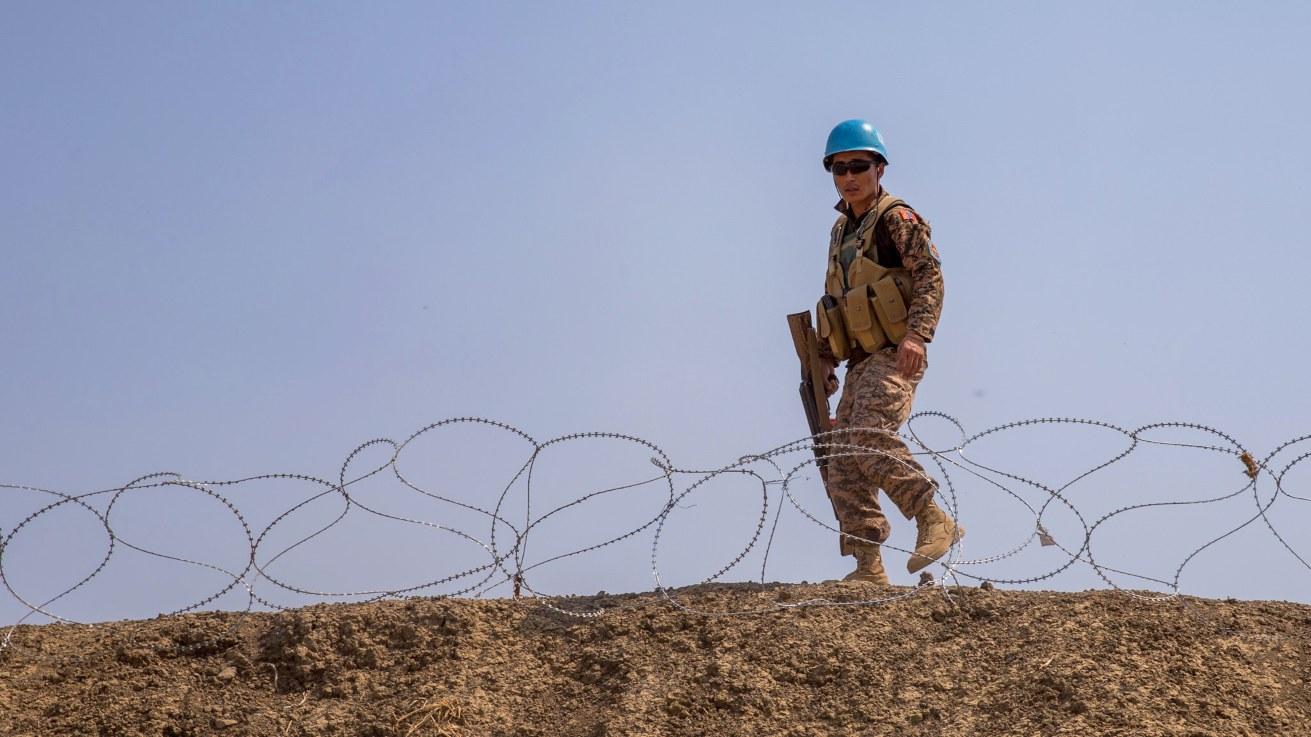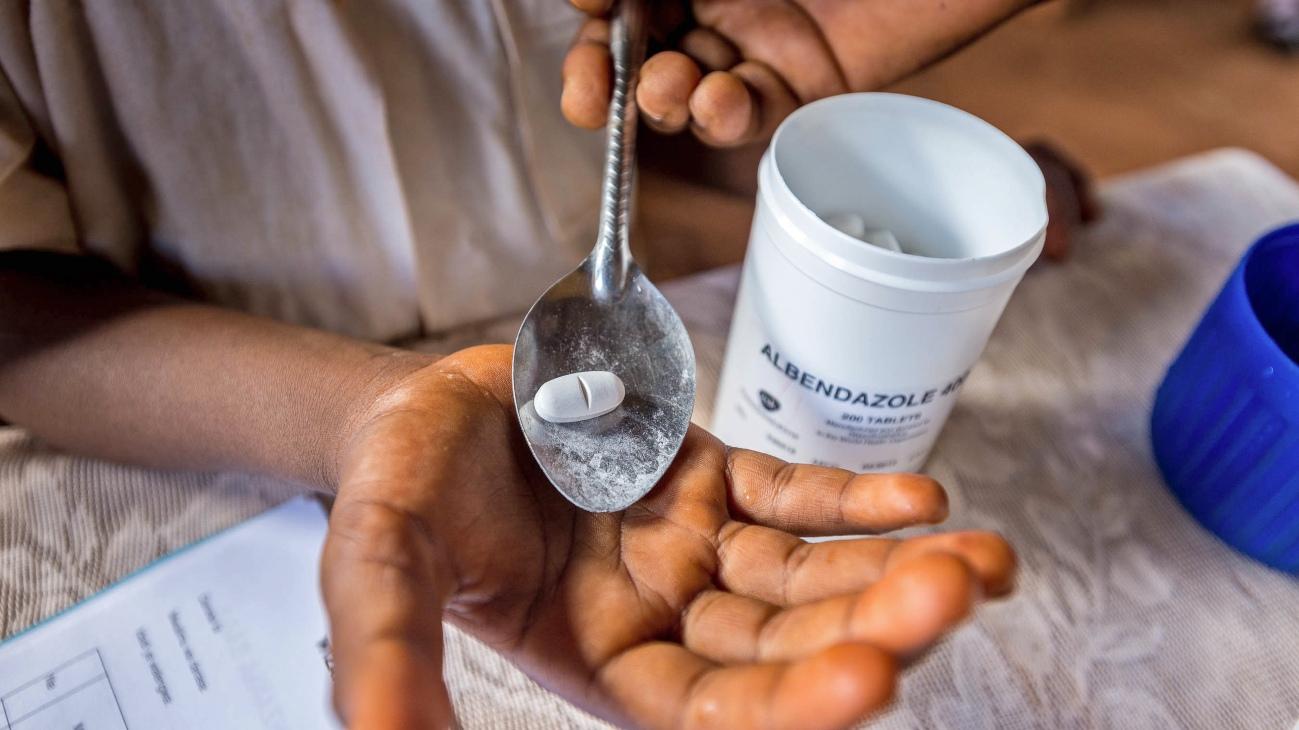The G7 has promised to donate 1 billion Covid vaccine doses by the end of 2021. However, in South Sudan, COVID restrictions, aid cuts and comments by European leaders have shattered trust in public health advice and encouraged vaccine hesitancy. Despite the rhetoric, donating vaccines while cutting aid may prove meaningless.
As the G7 gathered in Cornwall, UK in June 2021, press headlines and humanitarian lobbyists were pushing for high-level commitments to provide COVID-19 vaccines to the world’s poorest countries. Undoubtedly there is a heavy humanitarian burden to help those countries that cannot afford the vaccine; real-world data is making it increasingly clear that vaccines make the disease less deadly and save lives. Recent months have also shown that variants quickly spread globally, and that a reduction in transmission through the vaccine is a major way to stop the emergence of new ones.
Many people in the poorest countries around the world are eager to receive a COVID-19 vaccine. There are reports of people sleeping outside clinics in Uganda overnight in hope of receiving them. Yet, if we do want to vaccinate the entire world, providing vaccines is not enough. In many contexts, there is considerable vaccine scepticism and we need to build trust in public health so that people will not refuse them.
In a recent study in South Sudan, it was clear that COVID-19 restrictions in the first year of the pandemic have resulted in a loss of trust in governments, UN agencies, humanitarians and biomedical advice. The study was funded by the East Africa Research Fund of the UK’s Foreign, Commonwealth and Development Office, and included detailed interviews with people across South Sudan. The research highlighted that trust had fallen because South Sudanese did not share the same priorities as these powerful actors, and because COVID-19 restrictions had caused much harm.
In South Sudan, people have longstanding experience of recognising and dealing with epidemics. But like in many of the world’s poorest countries, the lack of COVID-19 testing has made the virus invisible. Across much of the country people do not believe there have been COVID-19 deaths locally; the lack of testing means that few deaths have been confirmed as resulting from the virus. Plus, in South Sudan, the lack of medical access means high mortality among the elderly is not unusual.
Furthermore, people in South Sudan have to survive myriad other troubles – troubles they know can kill them. They face deadly armed conflict, other epidemics and severe food insecurity that has reached famine levels in some places. Mothers have to face choices between buying grain to feed their children or buying soap.
In this context, the enforcing of COVID-19 restrictions highlighted to South Sudanese how much most people’s priorities and concerns differed from those of national and global leaders. These restrictions failed to reflect South Sudanese priorities and caused economic and social harm. South Sudanese have also experienced a decline in non-COVID-19 aid programming, making it more difficult for them to confront the struggles of hunger and conflict. For many, the COVID-19 pandemic has made starkly visible the world’s inequities. It was only the world’s richest people and populations that had the ability to be concerned by this health concern. Some South Sudanese racially coded COVID-19 as the ‘white man’s disease’.
Receiving vaccines in South Sudan
The week in June 2021 when the G7 met in the UK was the same week that the first COVID-19 vaccinations arrived in Bor – a town in South Sudan that has seen episodes of extreme conflict in recent decades, including large-scale battles that targeted civilians in the country’s recent war. In Jonglei State (the state in which Bor is the capital), in recent months there have been deadly conflicts and famine-level hunger.
Wariness about UN and humanitarian public health advice, and mistrust of government, have clouded the virus and vaccine perception. People in Bor do not view the virus as dangerous because they see more deaths from conflicts and other diseases.
One woman we interviewed has recently moved to Bor because unknown gunmen made it impossible for her to remain safely in her village. Her son was abducted and her husband was killed. In her words:
‘the virus could have not abducted my boy and killed my husband … So, those who talk about the vaccine do not understand what we are going through. Where is the so-called government? The only people who should worry about virus are the rich not us the poor, the ordinary people because we have nothing to lose.’
There is also scepticism about the vaccine. Internet access via mobile phones is widespread in the country, and many South Sudanese learnt about the global pandemic as soon as it hit global headlines, continuing to watch as the virus has spread and vaccines have been rolled out. But scepticism has not been helped by European leaders playing political games and, in March 2021, provocatively and seemingly arbitrarily restricting vaccine use domestically.
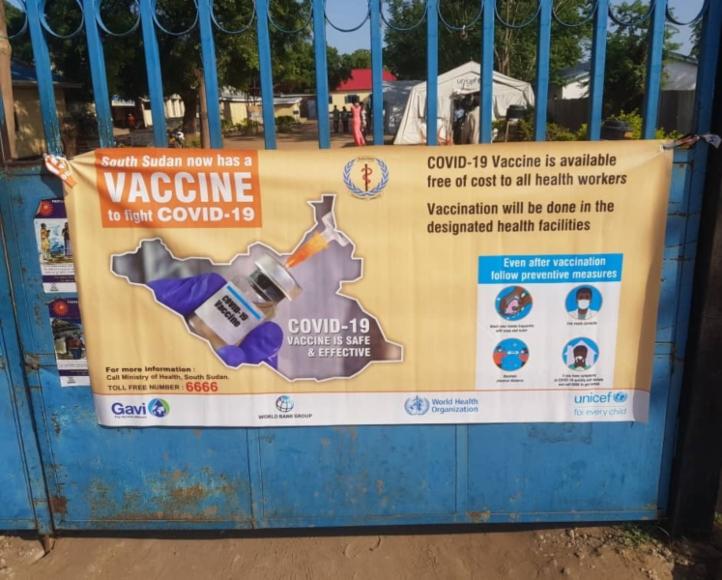
The first AstraZeneca vaccines arrived in South Sudan in the last week of March 2021. The same week Germany restricted the use of the same vaccines in under 60s at home. The result has been that many South Sudanese feared that Europeans were dumping on Africa dangerous products. Some people in Bor highlighted that the South Sudan government does not have the capacity themselves to regulate the safety of vaccines, providing grounds to mistrust it. Others even feared that these Europeans were conspiring with their own government to harm them through the vaccine; the government had attacked them through military campaigns and was now, apparently, attacking them via medicine.
In Bor, scepticism about the vaccine increased as it became prioritised over issues considered more deadly. In Bor, a local medical official described how there has only been one confirmed death from COVID-19 in the hospital, and another in the UN compound. Even health workers struggle to know whether people have died from COVID-19 as they have no access to testing. Therefore, people have questioned the government’s motive given the vaccine rollout has been quick but a response to help hundreds of people dying from malaria and pneumonia and during childbirth has been slow. One woman we interviewed owns a small tea shop in Bor, with plastic sheets for walls and mud for a floor. In 2020, large floods in the town swept away many houses; she stated that ‘my house was washed away by the flood, and me and my children are squatting in an open space in the town. Why should I care about virus or vaccine?’
Not only are individuals refusing the vaccine, but some community leaders are discouraging uptake and having the vaccine is now associated with social condemnation. For example, during an interview with one official in the state Ministry of Health in Bor, he explained that he had not been vaccinated as his wife refused to allow him. She argued that she was still a young wife and that she deserved to have a healthy husband. She had heard the vaccine was dangerous and did not want his health affected.
It is increasingly clear that COVID-19 vaccines will save millions of lives and allow the easing of restrictions. South Sudanese will be safer if they accept to take the vaccine. Yet, the first year of the pandemic has shattered trust in government and UN and humanitarian health advice. This understandable lack of trust is now shattering people’s likelihood of staying safe.
In Juba, where COVID-19 is more visible, there has been much fear about COVID-19 and less vaccine hesitancy. Even in Bor, despite largescale reservations, hundreds have come forward, especially government officials and humanitarian workers. Some local people are coming if their relatives abroad, who live as refugees (or now citizens) in the UK, the US and Australia, have convinced them of its safety.
In South Sudan, the UK has spent substantial overseas development aid on supporting local peace processes and on providing food to prevent famine mortality. Taking these South Sudanese priorities seriously alongside vaccine distribution is one way to develop trust and sympathy. Yet at the G7 meeting, overseas aid cuts by the UK government have not been reversed, threatening to further undermine trust when global health needs it most.
Photo: Foreign Secretary Dominic Raab bilateral with Naledi Pandor. June 2021. Picture by Simon Dawson / No 10 Downing Street. Licensed under CC BY-NC-ND 2.0.


